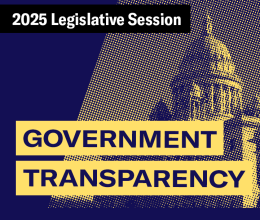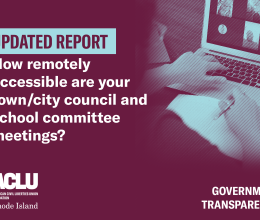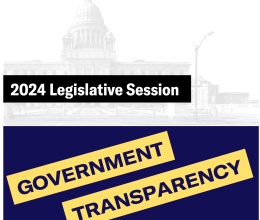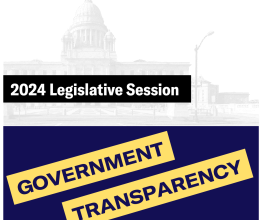The ACLU of Rhode Island Tuesday commended the federal judiciary for promoting greater transparency in court proceedings by allowing court spectators to take notes without having to obtain prior approval. The long-standing requirement of advance judicial approval was eliminated in revised local federal court rules that are scheduled to take effect on December 15th. Instead, members of the public will be able to routinely take notes as long as they are not disruptive.
In written testimony submitted to the court last month in support of this revision, the ACLU noted that it had long considered the advance approval requirement “problematic.” The ACLU noted in its testimony: “There are many reasons that members of the public, just like members of the news media, might want to take (non-electronic) notes of a court proceeding. The only compelling justification for limiting this is to prevent disruption, something that note-taking normally will not create.”
In supporting repeal of the advance approval requirement, the ACLU argued that members of the public shouldn’t be required to identify themselves in order to take notes; that in many instances, people were unaware of the approval requirement until they appeared at the hearing or trial itself, when it was too late to seek approval; that some spectators were bound to be intimidated by any approval procedure; and that there were no standards in place as to when approval would be granted.
The revision to the rules follows another transparency order that the federal court in Rhode Island issued last year, and that the ACLU said at the time was “a very important step in promoting public knowledge of court activities.” That order authorized media use of electronic equipment in the courtroom.
The revised federal rules taking effect next week also clarify the obligation of litigants to electronically file redacted court documents in the few designated circumstances when specific types of personal information, like Social Security Numbers, can be withheld from the public court record. Contrary to the federal court rules’ emphasis on public access, the ACLU and other open government groups have criticized a new electronic filing system implemented last month by the state judiciary, which the groups have claimed will lead to the unnecessary withholding of information that should be public.







